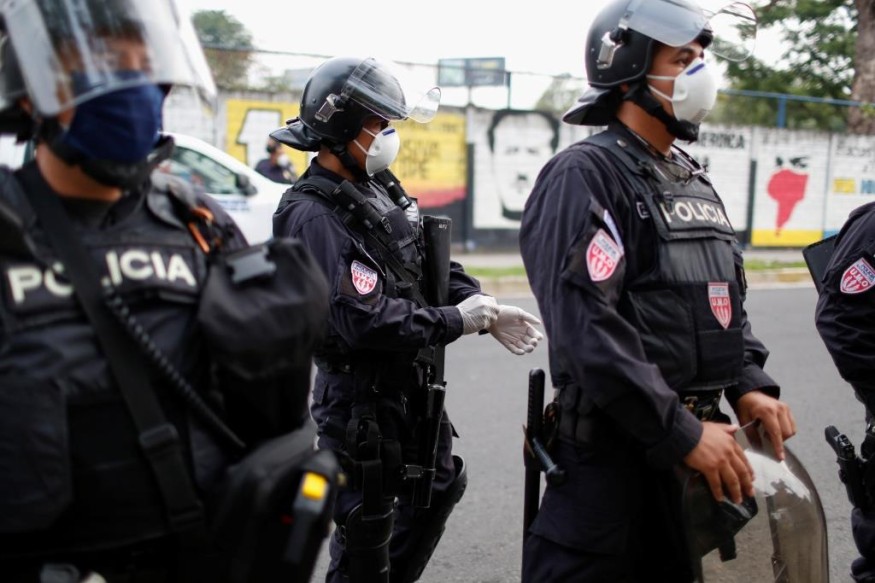Amnesty’s Claim: Governments Use Repression in COVID-19 Fight

Lockdown orders put in place throughout Latin America to restrict the spread of COVID-19 pandemic have suppressed civil freedoms, not to mention, violated human rights. This was what Amnesty International, a rights group claimed on Friday.
According to Amnesty, it has verified almost 60 cases in the region for the past several weeks showing the Latin American governments that use arbitrary, brutal, and castigatory strategies to implement quarantine directives.
The footage verified, according to Americas director at Amnesty International, Erika Guevara-Rosas, "From across the Americas since late March" leads to disturbing specifications that governments are regressing to the "kinds of repression" the group was able to document last year and even earlier. This time, Guevara-Rosas added, to implement a "pandemic-related public health measures."
The states of Emergency Declared as Early as March
Since March, several Latin American countries have declared states of emergencies, implemented curfews and executed lockdown directives in an initiative to stem the spread of COVID
Starting in March, many countries in Latin America declared states of emergency, imposed curfews, and implemented lockdown measures in an effort to prevent COVID-19 from spreading.
In addition, while restrictions differ, some nations resorted to pressure to impose restrictions which include the detaining people.
Specifically in Venezuela, even prior to the Pandemic, the United Nations considered the country a location of "one of the world's worst humanitarian crises last year," noting that more than nine million of the 30-million population experience inadequate food quantities.
Though the figures of reported COVID-19 cases and deaths seem modest, Venezuelans still suffer from the shutdown of businesses, as well as the delays in the so-called "state food distribution programme" also called CLAP.
Incidentally, last month, about 150 protests flared up across the nation to demand food. On top of these, more than 450 demanded access to basic services such as water, gas, and electricity.
Excessive Use of Force
The rights group also said that there have been specifications of extreme and "unnecessary use of force" to dissolve demonstrations.
Such a move, Amnesty added, is constant with the prevalent rule of suppression used to silence opposition or rebellion since, at least in the year, 2017.
Meanwhile, particularly in Argentina, Amnesty confirmed a video wherein the authorities were beating a homeless individual for seemingly being in the street amid the lockdown.
The right group also points to the Dominican Republic, which imprisoned more than 25,000 people from April 8 to May 7, based on police reports which the Amnesty cited for allegedly not complying with the imposed evening curfew.
Similarly, El Salvador detained thousands of individuals too, for allegedly violating the home quarantine orders in "government containment centers" lacking safety and hygiene requirements.
Furthermore, the group added, it has also verified videos from the Dominican Republic, Mexico, and Puerto Rico in which law enforcers seemingly stopped or detained people who were on their way to get supplies or food.
In Honduras, ACI Participa, a local non-governmental organization was cited by Amnesty for having documented more than 100 peaceful demonstrations of individuals demanding water, food, and medicine from both the national and local authorities.
Check these out!
Subscribe to Latin Post!
Sign up for our free newsletter for the Latest coverage!











